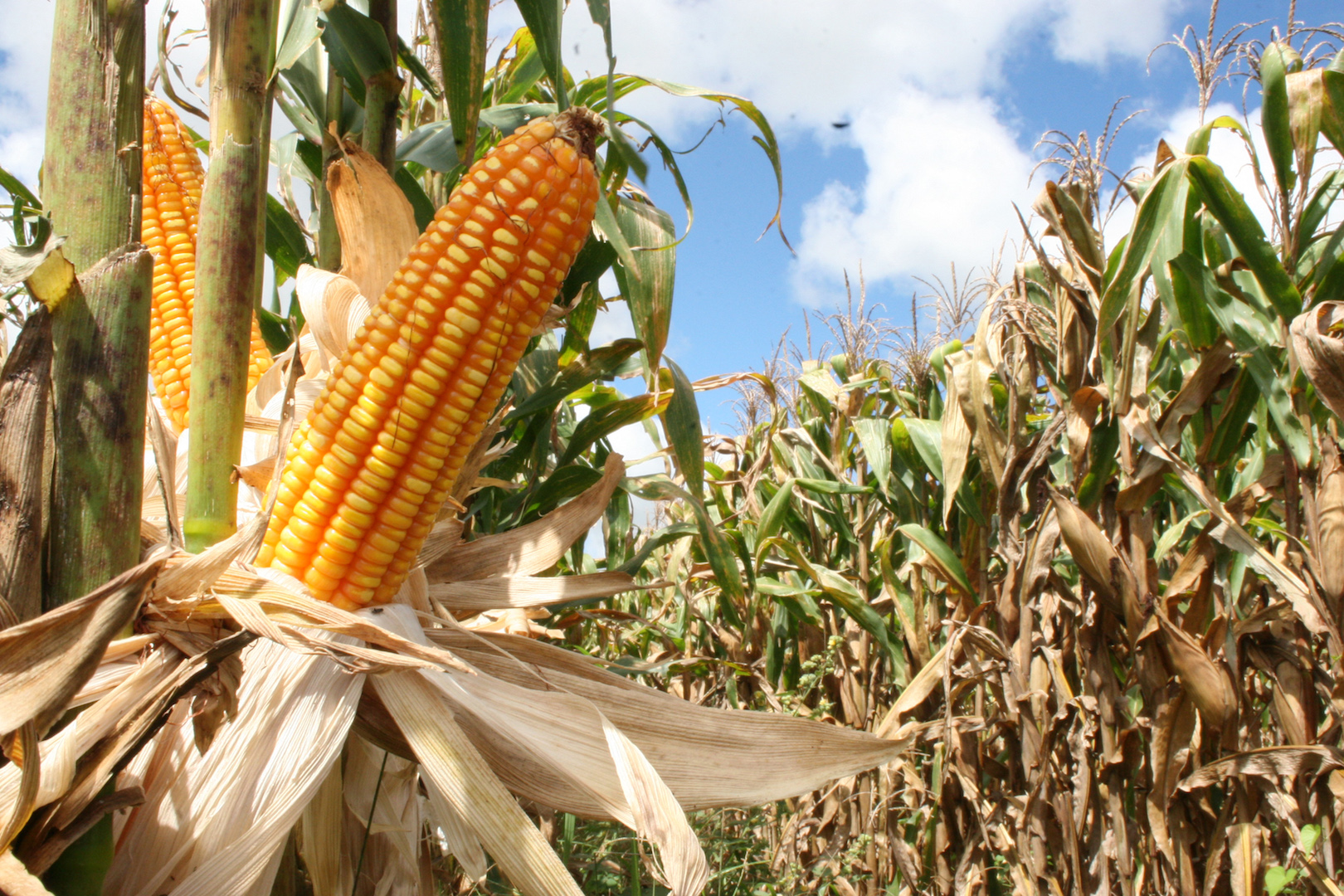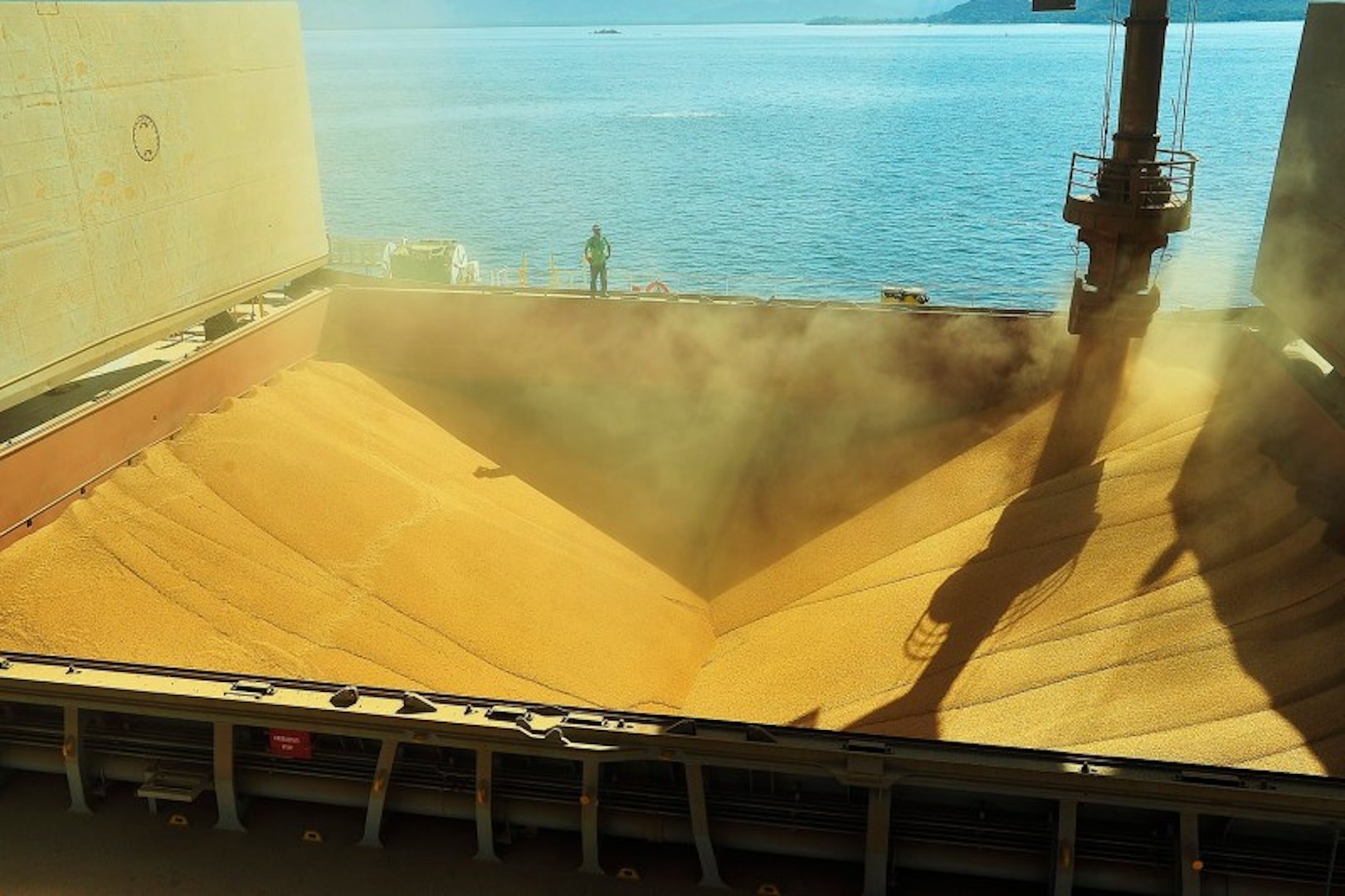SÃO PAULO, BRAZIL – Grain producers in Brazil, especially corn farmers, are very concerned about the recent US-Iranian clash in the Middle East. The escalation of the conflict, they say may hinder the South American country’s exports to Iran, one of largest importers of Brazilian corn.

“For now, there has been no change (about exports to Iran), but the situation causes concern because Iran is one of the main destinations of Brazilian corn abroad,” Sergio Mendes, director for Anec (National Association of Cereal Exporters) told The Rio Times in a telephone interview on Wednesday.
Mendes said although Japan last year purchased more corn than the Middle Eastern country, Iran has traditionally been Brazil’s largest export market. “We sell millions of tons of corn and a little less soybean to Iran each year.”
Overall, Brazil exports about US$2 (R$8) billion to the country, with corn and soybean being the main commodities being sent to the Middle Eastern country.
According to Agrostat data, in 2019, Iran purchased 5.108 million tons from January through November of last year. In 2018, the country imported 6.379 million tons of corn from Brazil, making it the largest customer for that commodity.
According to Mendes it is unlikely that the Brazilian government will do anything to jeopardize that trade. “(Agriculture Minister) Tereza Cristina (Correa da Costa Dias) knows how important Iran is to Brazilian corn exporters. I’m sure that she will do everything in her power to keep communications channels open with our trade partners there,” he said.
Nonetheless, exporters are worried that with Brazilian President Jair Bolsonaro indicating his support for the United States in the dispute against Iran, Brazil could lose US$9.1 billion in its exports to Iran.

According to data from Brazil’s Ministry of Development, Industry, and Foreign Trade, the sale of Brazilian corn in the international market continues to grow, rising by 13.7 percent in November 2019 from the same period of 2018 to US$722.54 million.
Top Brazilian officials confirmed on Tuesday their backing of the US in Friday’s US air strike. Brazil’s Defense Minister, Fernando Azevedo da Silva, told reporters after leaving a two-hour meeting with President Bolsonaro and the three Armed Forces commanders that Brazil will stand by those who ‘fight terrorism’.
“Itamaraty’s official stance has already been divulged. Our opinion is in line with that,” Azevedo replied when asked.
The official release issued by Brazil’s Foreign Affairs Ministry (Itamaraty) on Monday (January 6th) was perceived by the diplomatic community as a clear statement of Brazil’s support for US military action.
President Jair Bolsonaro, however, eased his administration’s harsh tone somewhat on Tuesday stating that Brazil intends to maintain trade relations with the Middle Eastern country. “We have trade with Iran and we will continue this trade,” said Bolsonaro to reporters as he was leaving the Presidential Palace on Tuesday morning.
Agribusiness analysts also point out that the new crisis in the Middle East may indirectly affect Brazilian exports not only to Iran but to other Persian Gulf or Asian nations, if maritime transportation routes are disrupted.

Another issue that worries Brazilian grain producers is if the Trump government imposes an embargo on Iran, restricting trade between the country and the US and its allies.
Mendes, however, believes that if the US were to issue such ban, it should not include food items. “It will be more likely other things, it should not include food exports,” he said.
In July 2019 Brazil’s relationship with Iran was threatened when government-run oil giant Petrobras did not allow two Iranian ships to refuel in the port of Paranaguá, Parana. For fifty days the freighters remained in Brazilian waters waiting for authorization. According to local media at the time, the delay in refueling the two ships was due to fears by Petrobras of retaliation by the US of any action seen as helping the Middle Eastern country.
The situation reached a critical point when Iran’s ambassador to Brasilia threatened Brazilian authorities that if they did not resolve the situation and fuel the ships, the country would have to look for new partners to buy corn, soy and meat.
After the threat the two ships were refueled.
Despite the US-Iran crisis and what this may mean to Brazilian agribusiness exporters, Anec director Mendes says Brazilian grain producers are optimistic with this year’s production and looking forward to increasing trade with less traditional grain export partners, like India.
“In the medium term, we believe that if India increases its grain consumption there will be great opportunities for Brazil to increase its exports to that country,” concludes the Anec official.

